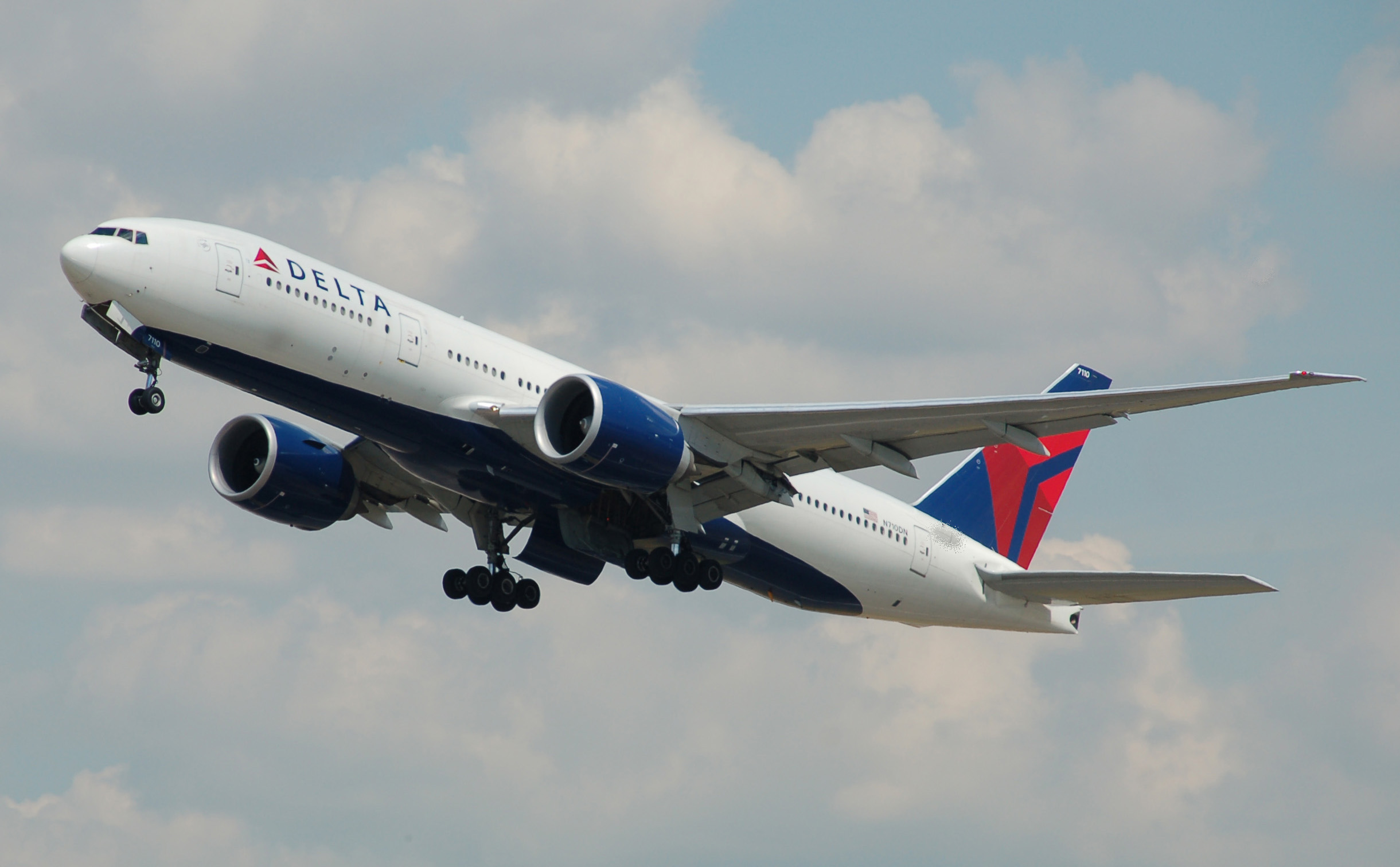A system-wide computer outage caused cancellations and delays for many passengers flying with Delta Airlines. According to a statement from Delta, the problem began at Delta’s hub headquarters in Atlanta: “A power outage in Atlanta, which began at approximately 2:30 a.m. ET on Monday, August 8th, 2016, has impacted Delta computer systems and operations worldwide, resulting in flight delays.” Although the issues occurred early Monday morning, it took Delta an entire day to identify the problem. But by then, the airline canceled more than 1,000 flights.
On Tuesday, August 9th, Gil West, the chief operating officer stated that “a critical power control module” in Atlanta had malfunctioned, causing a surge to the transformer and a loss of power” Initially, Delta blamed a well-known power utility company, Georgia Power for a loss of power. However, Georgia Power did not believe the issues were from their end. Because Delta is known to give out inaccurate information; such as displaying the wrong flight times on airport screens and flight-status systems, the company believes Delta’s outdated servers could not complete a backup as designed not a loss of power.
Regardless of the cause, passengers were still frustrated with the airline for the delays and cancellations. Delta CEO Ed Bastian issued an apology through a video posted online, where he took full responsibility for the computer problems He offered passengers waivers on refunds and 200 dollar vouchers to anyone that waited for over three hours. But after days of chaos, Mr. Bastian said he did not expect Delta’s computer network “to be fully back” until Thursday. The outage will most likely cost Delta millions of dollars.
Similarly, to Delta, Southwest suffered a computer outage canceling over 1,000 flights. In addition, JetBlue suffered computer issues back in May, forcing passengers to check in manually at several airports. With so many technology advancements such as, boarding passes displayed on smartphones and Wi-Fi access on board during flight, computer disruptions are happening more frequently. For this reason, it is important for every airline carrier to update servers regularly to avoid major disruptions.
All in all, protecting an infrastructure and data has never been more important, or more challenging. To learn more about the potential risks while using outdated systems and the best security protocols to protect critical data and servers, please contact me directly.
Kimberly Cichon
T: 646.757.3254
E: kcichon@thelcogroup.com
